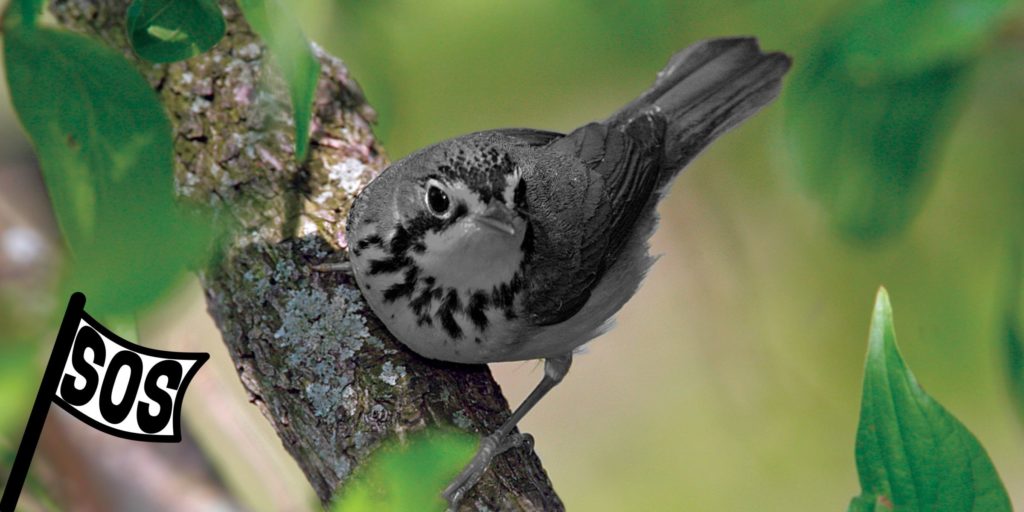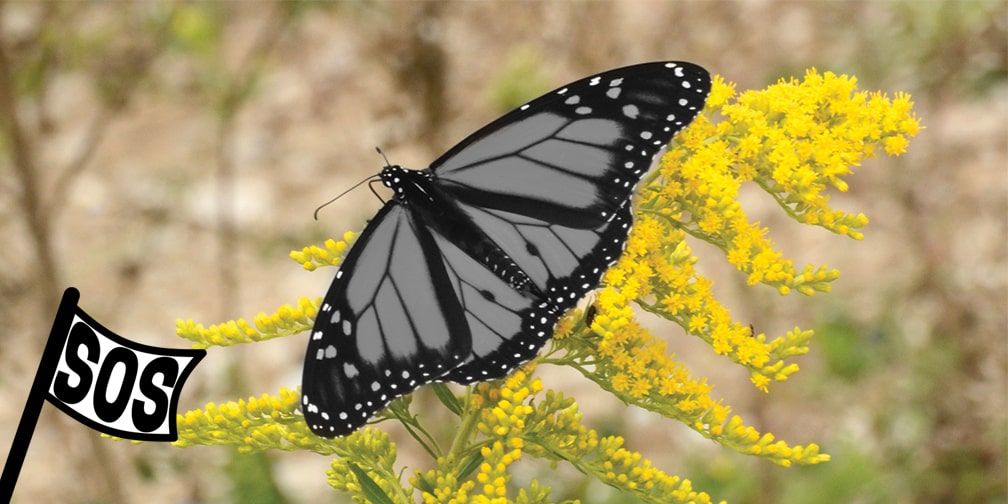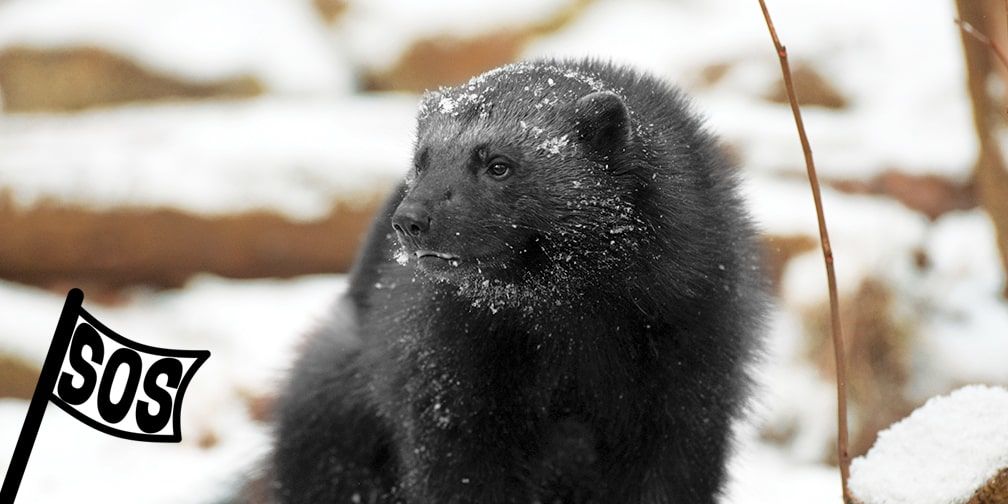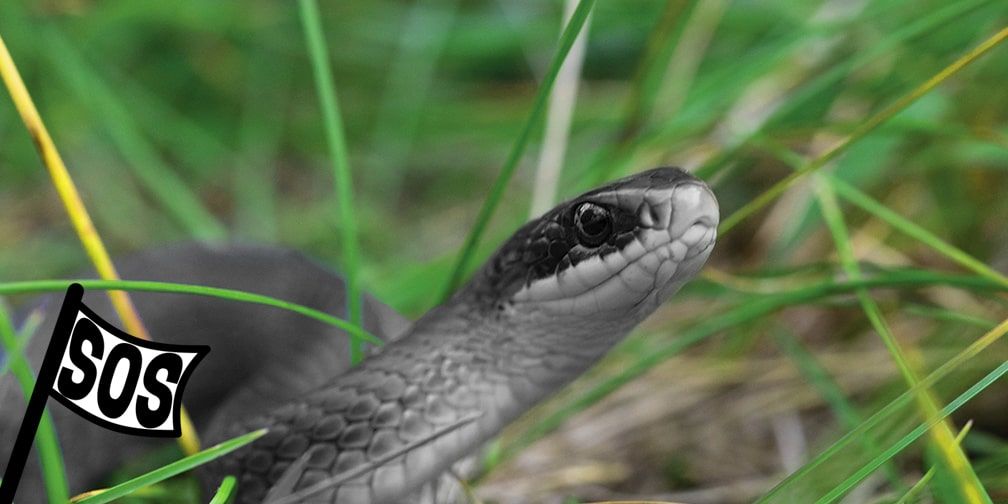Ontario Nature Blog
Receive email alerts about breaking conservation
and environmental news.
© Lora Denis
Red-headed woodpecker © Dan Rockafellow
Citizens groups across Ontario are sounding the alarm about the provincial government’s plans to amend the Endangered Species Act, 2007 (ESA). Here’s what you need to know:
Don’t be fooled. Though the government claims that it wants to improve protections for species at risk, the options under consideration would make it easier for industry and development proponents to damage or destroy the habitats of species that get in the way of business.
The government is toying with alternatives to the fundamental “gold standard” requirements of the ESA: science-based listing of species at risk (including Indigenous Traditional Knowledge), mandatory protection of threatened and endangered species and their habitats, and legislated timelines for planning and reporting.

Though the ESA already allows the Minister to request a review of a listing decision on the basis of “credible scientific information,” the government is fishing for even more freedom to meddle on the basis of “conflicting information.”
The government is considering alternatives to automatic species and habitat protections, including removing or delaying these protections at the discretion of the Minister. Such changes would leave our most vulnerable plants and animals subject to political whims and the influence of powerful industrial lobbyists.

Industry and developers can proceed with harmful activities (e.g., killing members of threatened or endangered species, damaging or destroying their habitat) only if they have a permit or exemption. The government is looking for ways to make these authorizations less onerous so that they don’t stand in the way of economic development.
Paying into a “conservation fund” may be the new easy-way-out for proponents of harmful activities. This option would make it easier and more likely for harmful activities to occur and will do nothing to protect our at-risk species and habitats.

Landscape-scale authorizations for harmful activities may replace project-specific authorizations.This sweeping approach doesn’t lend itself to addressing site-specific or species-specific concerns and consequently presents unwarranted additional risk for species already in peril.
According to the Environmental Commissioner of Ontario’s 2017 report, the government “has utterly failed to implement the law effectively.” Challenges should be addressed through improved planning and investment in communications, program development and staffing, not environmental deregulation.

These include stewardship agreements and ecosystem or multi-species approaches to recovery planning. Putting these tools into practice offers much more promise for species at risk than streamlining approaches to damaging and destroying their habitats.
We are now in the throes of the largest mass extinction since the disappearance of the dinosaurs more than 65 million years ago. We must do our utmost to honour our collective responsibility, under the United Nations Convention on Biological Diversity, to maintain and restore the web of life.
This is the Endangered Species Act, not the Endangered Business Act.
Please join us in urging the government not to weaken protections for species at risk!
You can download and print a handout version of this blog here.

Proposed 413 Route, Old School Road with farm and escarpment view © Noah Cole
I live on the Oak Ridges Moraine. Durham Region has announced a ‘Durham Region Roundtable on Climate Change’. It’s an initiative to “improve awareness” by residents of actions designed to mitigate climate change. I’m going to volunteer to become a member in order to test the Region’s preparedness to dealing with the realities of climate change and its impact on the environment.
We are learning about the importance of preserving natural ecosystems for saving species that mankind needs for his own survival. In my area, disappearance and vast reduction in numbers of honeybees and other pollinating insects (along with other species) has become very real, due largely to growth in urbanization of the lands on the moraine. Strict land use planning and controls are also a major requirement for mitigating climate change. We will learn whether or not local parts of Ontario, e.g. Durham Region, are prepared to confront Doug Ford and do what is required to live up to the realities of “climate change mitigation”.
Protecting natural habitats is of paramount importance
Buck a beer Bob and one of our local Mayors, Drew Dilkins, has declared a 50 acre woodlot that was designated a wetland, open for business! I guess their qualifications outweigh the Ministy’s by sheer opinion. Neither of them knows what vernal pools are, ignorance is always the excuse.
This is done before any review or change to the ESA is made. Imagine after it’s hacked to pieces. I can here the bulldozers already.
Keep the endangered species act. Doug Ford has no right to alter or get rid of it.
When young people speak of conspiracy theories, I used to think their imaginations were getting the best of them.
It’s sad, when you see blatant evidence of our elected premier using his office to benefit extraction industries, at the expense of the environment. Some mining companies in Northern Ontario have completed respectful consultation when they have developed new projects. But they will no doubt be painted with the same underhanded brush as the Ford government, once this nastiness plays out.
Shame on you, Mr. Ford!
Species at risk legislation needs to be stronger not weaker. The number one reason for extinctions of most species at risk is habitat destruction. We need governments at all levels to get their heads on straight. Extinction is forever. Weak attention by MPPs in regard to this legislation will have lasting effects on nature and once the damage is done, it’s done. Jobs may come and go. Politicians may come and go. What we need is intelligent far sighted policies that strengthen the commitment to habitat protection not weaken it.
People need to stop destroying plant & animal habitats for their own self interests. It certainly puts all species at risk.